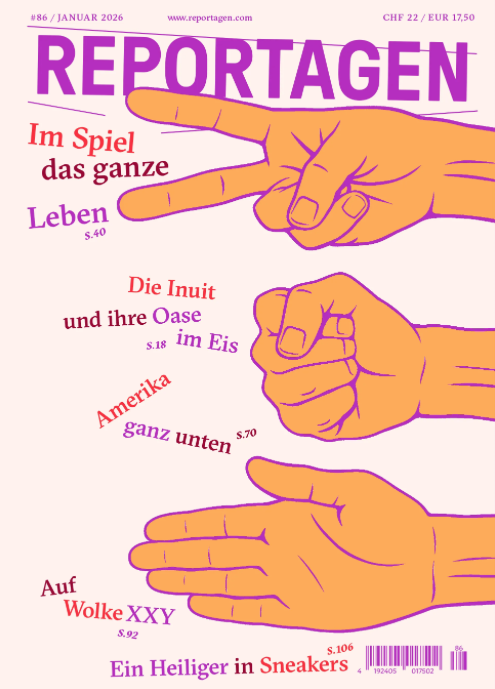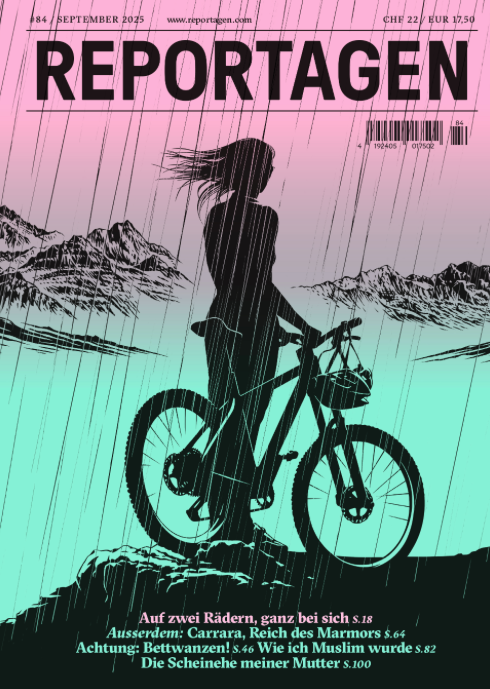MZIN
public service.
visual culture.
print matters.
(2008-2026)
mail[@]mzin.de
instagram facebook
(paypal accepted)
(all prices in euro)
#19196
arts of the working class (d)
art, books/catalogs, theory
#26 - grassroots
Grassroots activism encompasses so much. It doesn't depend on what different groups do, but rather, how they do it. This issue looks into actions: how grassroots activists operate from below, addressing causes from their roots, and nurturing their members with their activities and surroundings. The premise of this mode of action is that a better world is to be achieved through the mobilization of the masses, instead by the order of a few people in power. Grassroots organizations do not only denounce unjust systems but prefigure modes of being, gathering, and making politics on local and national levels, which serve as experiments and role models for large-scale social transformation.
Meaningful collective deeds grow with time, contrary to the fast pace of individualism, which is always too busy or self-involved to reorganize. The different pace of organizing resistance and thriving from the bottom up are practiced for and by those attacked by states due to their passports, bank accounts, or gender identities. When the city or the country is a space of brutality, moving together is less scary. Uprooted communities can shield themselves against state oppression when they find comfort among each other. Grassroots organizations allow us to have political serendipity. This issue examines the contexts and actions that cultivate collective practices of self-organization.
Simin Jawabreh asks about how to counter increasing police power in entanglement with gentrification in Berlin, No metro at Pl. Exarchion assembly shares their struggle against so-called public infrastructure in Athens, Issa Amro unveils about the often unseen, nonviolent resistance in Hebron, Palestine. Through gatherings in these pages, we draw a connection between seemingly disparate places. The collective of architects La Rivoluzione delle Seppie in Italy’s Belmonte Calabro report on the experience of creating an urban environment built on the premises of the commons. Artist Yin Aiwen shows you how to use playful horizontal tools to reframe the re-organization of care systems.
Grassroots activism works in or against legal systems, not rarely in transnational contexts. In the face of complex state relationships, international law can be a progressive tool, and Ingo Venzke, Ivana Isailovic, and their peers at the Transformative Effects of Globalization in Law Summit of the University Amsterdam prove it. Artists Tolia Ashtakishvili, Adelita Husni-Bey, and the artist collective Jatiwangi art Factory shed light on what constitutes socially engaged practices. Haline Metaferia and Umar Rashid reappropriate symbols and colonial narratives to narrate the story of those who are never acknowledged and still make history, in their own words.
We dedicate this issue—our anniversary issue, marking five years of circulation of AWC on the streets—to all those who, like us, know the grace and perils of being held and holding space for the many. Artists, cultural practitioners, activists, vendors, and tireless workers who implement hope as a shared practice, thank you. We support you, whoever you might be.
5.00 €
Out of stock
1In stock
related





